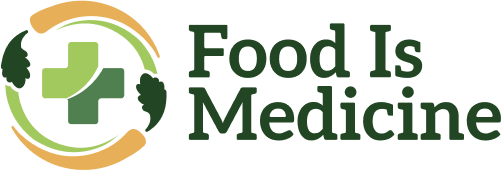Key Points
- Almost half of American adults and almost 3 in 5 non-Hispanic Black adults have high blood pressure.
- Too much sodium can raise blood pressure, which is a major risk factor for heart disease and stroke.
- Americans consume on average 3,400 milligrams (mg) of sodium per day — nearly 50% more than the 2,300 mg limit recommended by federal guidelines for people age 14 years and older.
- The majority of sodium consumed comes from processed, packaged, and prepared foods.
FIM Opportunities
The science supporting the relationship between sodium reduction and health is clear: When sodium intake increases, blood pressure increases and high blood pressure is a major risk factor for heart disease and stroke — 2 leading causes of death in the U.S.
In October 2021, the FDA issued Phase 1 of its voluntary targets for reducing sodium in commercially processed, packaged, and prepared food over 2.5 years.
Reducing sodium intake has the potential to prevent hundreds of thousands of premature deaths and illnesses in the coming years.

